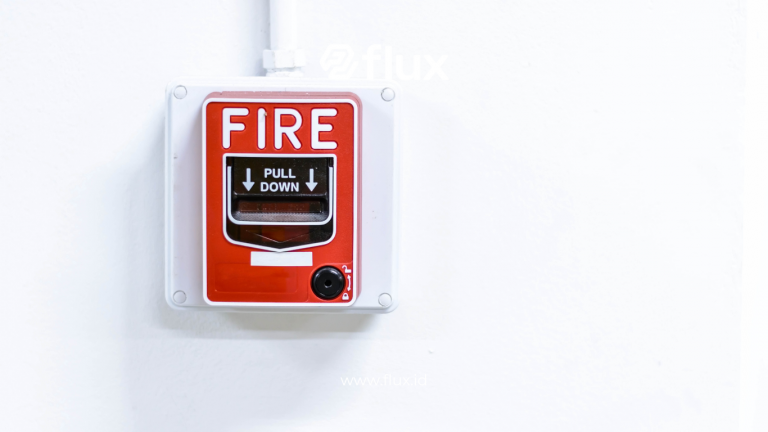Don't miss our holiday offer - 20% OFF!
Contents
Introduction

Read also : Automated Parking Concept: Smart Solution for Availability
Energy efficiency is a key factor in maintaining sustainability and reducing the environmental impact of buildings. One crucial way to achieve this is through monitoring and managing water consumption. In this article, we will explore the role of smart water sensors in enhancing building energy efficiency.
Why Are Smart Water Sensors Important?

Read also : Keamanan dan Privasi dalam Sistem Parkir Terhubung: Tantangan dan Solusi
Accurate Water Consumption Measurement
Smart water sensors enable buildings to measure water consumption accurately and in real-time. This is crucial because excessive water consumption can result in significant energy wastage. With precise data, buildings can identify potential reductions in excessive water usage.
Reducing Water Leaks
Water leaks are a common issue that can lead to water and energy wastage. Smart water sensors can quickly detect leaks and alert buildings to take immediate action. This not only conserves water but also saves the energy used to pump water.
How Do Smart Water Sensors Work?

Read also : Security and Privacy in Connected Parking Systems: Challenges and Solutions
Advanced Sensor Technology
Utilizing cutting-edge sensor technology, these devices detect the flow of water, offering precise information regarding water quantity and usage patterns.
Internet of Things (IoT) Connectivity
Smart water sensors are connected to the Internet of Things (IoT), allowing the data generated by the sensors to be accessed in real-time. This data can be analyzed to identify water usage trends and potential issues.
Automatic Notifications
When sensors detect issues such as leaks or abnormal water usage, they can send automatic notifications to building managers or maintenance personnel. This enables swift action to address the problems.
Benefits of Smart Water Sensors in Engineering Building Energy Efficiency

Read also : Security and Preparedness Enhanced by Smart EWS Technology
Energy Savings
With accurate water consumption monitoring, buildings can identify opportunities to reduce energy usage related to water pumping and water heating. This can result in significant energy savings.
Environmental Impact Reduction
By reducing excessive water consumption, buildings can decrease their environmental footprint. This includes conserving valuable water resources and reducing greenhouse gas emissions associated with additional energy usage.
Conclusion

Read also : Sistem EWS Pintar: Tingkatkan Kecepatan dan Ketepatan Respon
Smart water sensors are essential tools in the effort to improve building energy efficiency. They help buildings measure water consumption accurately, identify issues, and take necessary actions. By leveraging this technology, we can minimize environmental impact and save energy, making buildings more sustainable and cost-effective.



